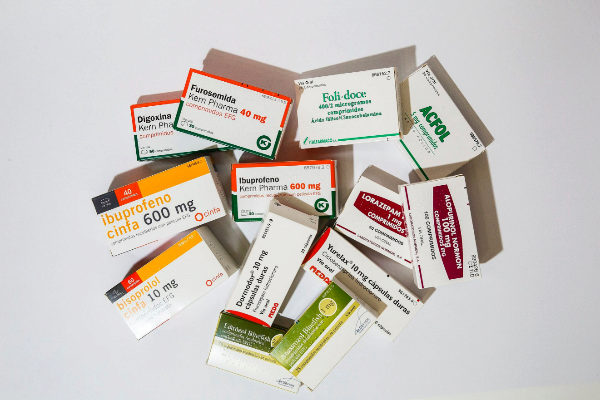- Health: Cases of pancreatic and colorectal cancer have grown by 10% in 30 years
Half of the most commonly used medications, from stomach protectors to antibiotics or laxatives, profoundly affect the intestinal microbiota, according to a study presented at the European Congress of Gastroenterology held in Barcelona.
In the study, researchers from the University Medical Center of Groningen (The Netherlands) and the University Medical Center of Maastricht (Netherlands) analyzed 41 categories of commonly used medications and evaluated 1,883 fecal samples from a population-based cohort, patients with Inflammatory Bowel Disease (IBD) and patients with Irritable Bowel Syndrome (IBS), mixed with healthy people.
The researchers compared the profiles of the taxonomic and metabolic functions of the patients taking medications with those who did not consume any and observed the effect of the use of individual medications and then the combined use of medications and verified how they destroyed the intestinal microbiota.
"The changes observed could increase the risk of intestinal infections, obesity and other serious conditions and disorders related to the intestinal microbiome," the researchers said.
The intestinal microbiota is the population of microbes that live in the intestine, where tens of millions of microorganisms live, of at least 1,000 different species of known bacteria and that are essential for good human health.
According to the study, the drugs that have a major impact on the intestinal microbiota are proton pump inhibitors (PPIs), which are used to treat dyspepsia that affects between 11% and 24% of the European population, to treat peptic ulcer, eradicate Helicobacter Pylori or gastroesophageal reflux.
Metformin also has an effect on the microbiota, used to treat type 2 diabetes, which affects 10% of European adults, and antibiotics, which take 34% of the European population every year.
Laxatives, used by 17% of European adults to treat and prevent constipation, are other medications that, according to the study, affect the microbiota.
The researchers also found that seven other categories of medications that were associated with significant changes in bacterial populations of the intestine.
Thus, they saw that the use of certain antidepressants (called SSRIs) by people with IBS was associated with an abundance of potentially harmful bacteria species Eubacterium ramulus, while the use of oral steroids was associated with high levels of methanogenic bacteria. which have been associated with obesity and an increase in the Body Mass Index (BMI).
The principal investigator of the study, Arnau Vich Vila, a computer biologist specializing in studying the human microbiome, said: "We know that the efficacy and toxicity of certain medications are influenced by the bacterial composition of the gastrointestinal tract and that the intestinal microbiota has related to multiple health conditions. " "Therefore," he added, "it is crucial to understand the consequences of the use of medications in the intestinal microbiota."
"Our work highlights the importance of considering the role of the intestinal microbiota in designing treatments and also points to new hypotheses that could explain certain side effects associated with the use of medications," the researcher concluded.
According to the criteria of The Trust Project
Know more- Health
- Science and Health
Adjustments The cuts already paralyze the purchase of Dénia Hospital for its reversion to the public hospital network
Health Humans can regenerate tissues such as salamanders
Health A missing mentally ill person is pronounced dead by a judge

